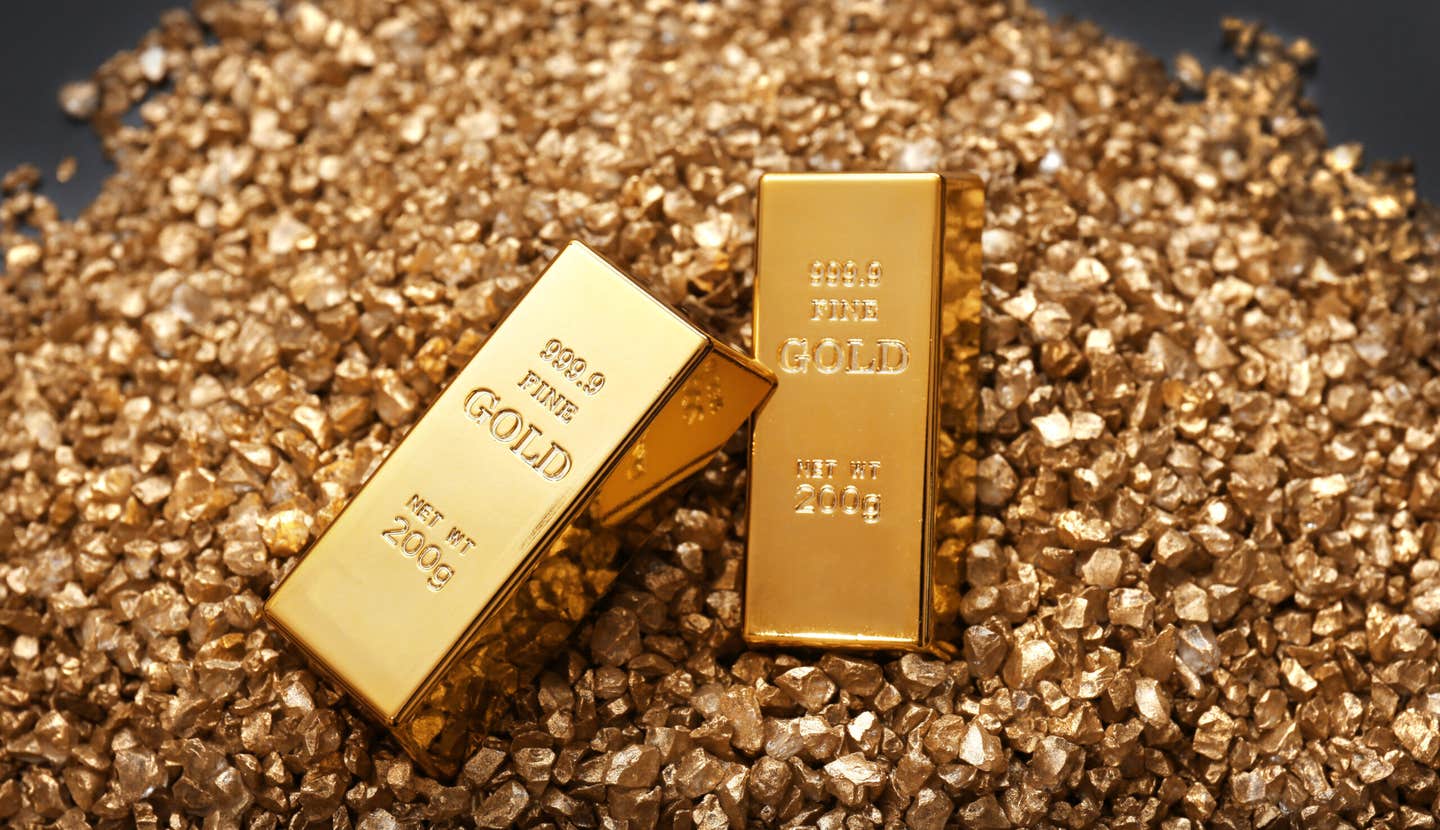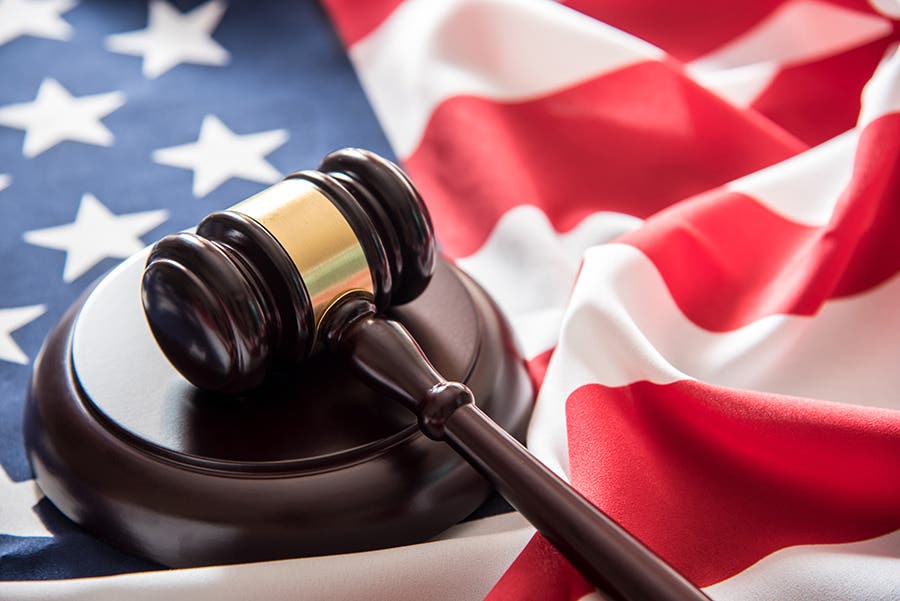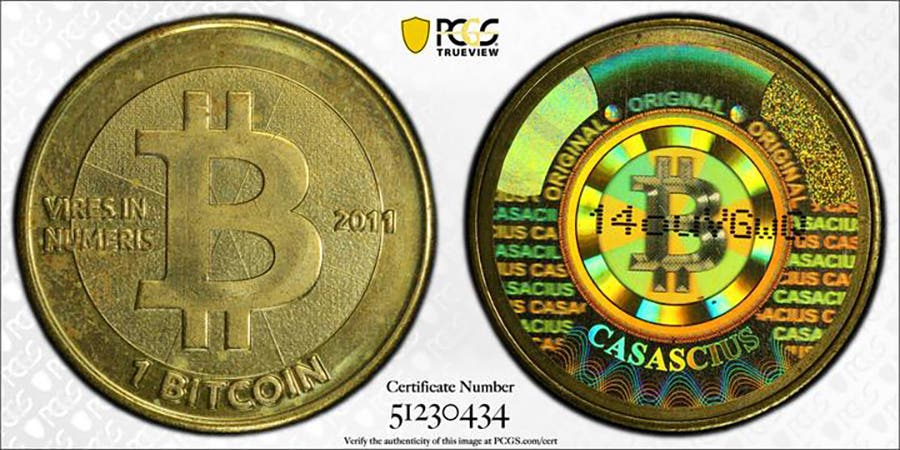Coin Dealers, Collectors Are Your Boss
Most coin dealers were first numismatic collectors before they chose to buy and sell coins, currency and related items with the idea of making a profit. Being a dealer can…
Most coin dealers were first numismatic collectors before they chose to buy and sell coins, currency and related items with the idea of making a profit. Being a dealer can have a lot of appeal, especially the opportunity to “be your own boss.”
This column is not concerned with the instances where collectors may try to pass themselves off as dealers with the idea that it might help them negotiate better prices for the pieces they add to their collections or, in some instances, that it may help them avoid having to pay sales tax on their purchases in the limited number of states that do not yet have a precious metals bullion/coins/currency sales tax exemption.
Instead, for the dealers who are seeking economic gains from buying and selling merchandise and the related services, you quickly find out that you are not the boss.
Dealers incur costs and a time commitment no matter the scale of their operation.
To offset such costs, dealers need to sell their goods and services over time at prices greater than their acquisition costs. Every dealer has the experience of taking occasional losses on a few pieces because of purchasing mistakes or market downturns. However, as long as most inventory purchases are eventually sold at prices above cost (which includes what was paid for the item, the imputed interest cost of the time the piece was held in stock, and any overhead costs for labor, insurance and the like), dealers can potentially earn a profit.
The key point is that dealers don’t realize a profit or loss until a good or service is purchased by the real bosses – the customers.
A dealer may purchase a coin at a show for $100, anticipating that it will sell before the end of the day for $110. If it does, that almost certainly means a profit was earned. But, it could happen that it does not sell the same day. Then the dealer may have to record the acquisition into inventory, physically stock the item somewhere, incur labor costs to transport it and try to market it elsewhere, and incur the time value of the money tied up in the purchase. If the coin sells a year later for $110, the dealer effectively has lost money on that item.
That is why it is so important for coin dealers to take care of their bosses – the collector. A coin or bank note is worth what someone else will pay for it. What the other party is willing to pay for it is not affected by the dealer’s cost. If the dealer wants a higher price than the customer is willing to pay, no matter the reason, the coin or bank note will not sell.
One way that a dealer attracts customers is by delivering merchandise that represents solid value for the prices paid along with helpful, prompt, friendly service. Doing so encourages repeat business and can lead to word-of-mouth advertising to other collectors.
What that means is that the coin dealer does not first think about how they want to operate their business. Instead, the successful dealer focuses on what the real bosses – the collectors– want in terms of value for the price and how they were served.
The strange reality is that some people become coin dealers with the idea that they get to be their own boss but only succeed at doing so over the long term by serving well the real bosses – the collector.
Progress on Mississippi’s Bullion/Coin/Currency Sales Tax Exemption
This week both chambers of the Mississippi legislature passed bills that would establish a bullion/coin/currency sales tax exemption in that state.
On Feb. 20, the State Senate passed SB 2019 by a vote of 47-2. This bill was transmitted to the House of Representatives the next day. On Feb. 22, SB 2019 was assigned to the House Ways and Means Committee.
On Feb. 21, the State House of Representatives unanimously passed HB 1661. This bill was transmitted to the Senate on Feb. 22. On Feb. 23, HB 1661 was assigned to the Senate Finance Committee.
The language in both bills is identical, so it is quite hopeful that one of these bills passes both chambers and will be sent to the Mississippi governor to sign, veto or allow to become law without his signature. If it becomes law, the effective date of the exemption would be July 1, 2023.
There has been some confusion where an organization reported this week that a sales tax exemption bill was already on its way to the governor’s desk for signature – since the two bills had identical language. That is different than information supplied by the Mississippi legislature on Feb. 23, 2023. Nonetheless, prospects look good that Mississippi will become the 42nd state with either no sales tax or a partial or complete sales tax exemption on precious metals bullion, coins and currency adopted by a state legislature and signed into law.
Patrick A. Heller was honored as a 2019 FUN Numismatic Ambassador. He is also the recipient of the American Numismatic Association 2018 Glenn Smedley Memorial Service Award, 2017 Exemplary Service Award, 2012 Harry Forman National Dealer of the Year Award and 2008 Presidential Award. Over the years, he has also been honored by the Numismatic Literary Guild (including in 2021 for Best Investment Newsletter), Professional Numismatists Guild, Industry Council for Tangible Assets and the Michigan State Numismatic Society. He is the communications officer of Liberty Coin Service in Lansing, Michigan and writes Liberty’s Outlook, a monthly newsletter on rare coins and precious metals subjects. Past newsletter issues can be viewed at www.libertycoinservice.com. Some of his radio commentaries titled “Things You ‘Know’ That Just Aren’t So, And Important News You Need To Know” can be heard at 8:45 a.m. Wednesday and Friday mornings on 1320-AM WILS in Lansing (which streams live and becomes part of the audio archives posted at www.1320wils.com).








